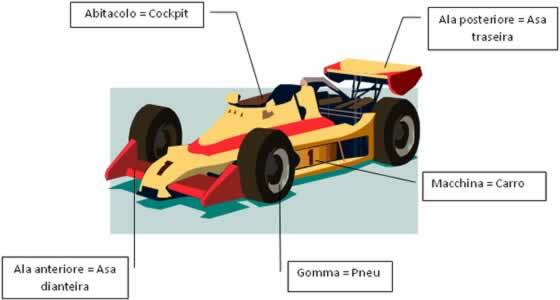A survey conducted by the Tale CEO Summit showed that 42% of CEOs believe in the dangers of artificial intelligence (AI). In fact, the study showed that these people believe that technology could destroy humanity within the next 10 years.
See too: Google includes artificial intelligence in Workspace apps; Gmail, Docs and Slides are first
see more
Thai food restaurant faces lawsuit after customer suffers…
Public tenders: Federal Government authorizes the opening of more than 3…
Still according to the same survey, of those who believe in the destructive power of AI, 8% think that this could happen in the next 5 years. There are still 34% who expect destruction in less than 8 years.
For 54% of CEOs interviewed, artificial intelligence will not be able to cause any harm to humanity. This means that people would find ways to limit how far technology can go autonomously.
Business leaders signed declaration
These findings come on the heels of a statement signed by several AI industry leaders, scholars and public figures, highlighting the risks of an “extinction” event resulting from the AI development.
The statement was signed by individuals such as the CEO of OpenAI, Sam Altman, and Geoffrey Hinton, a prominent figure in the field. The signatures of these people on the document emphasized the need for society to take proactive measures to mitigate the dangers associated with AI.
But what could happen?
For these leaders, artificial intelligence can cause the following evils:
runaway superintelligence
If a highly advanced technology reached a higher level of intelligence than humans and was not properly controlled or regulated, could make decisions based on its own objectives that could conflict with the interests humans. This could result in harmful actions for humanity;
Programming errors or bias
Artificial intelligence is built and trained by humans, which means it is susceptible to human error. If there are programming errors, inadequate training, or bias built into the algorithms, AI can make harmful decisions or perpetuate social injustices;
Excessive dependency and mass unemployment
As artificial intelligence becomes more advanced and able to perform tasks that previously required human labor, there could be an increase in automation and job replacement.
If there is not a proper transition to new ways of working or social support systems, it could lead to unemployment mass and significant economic inequalities.

